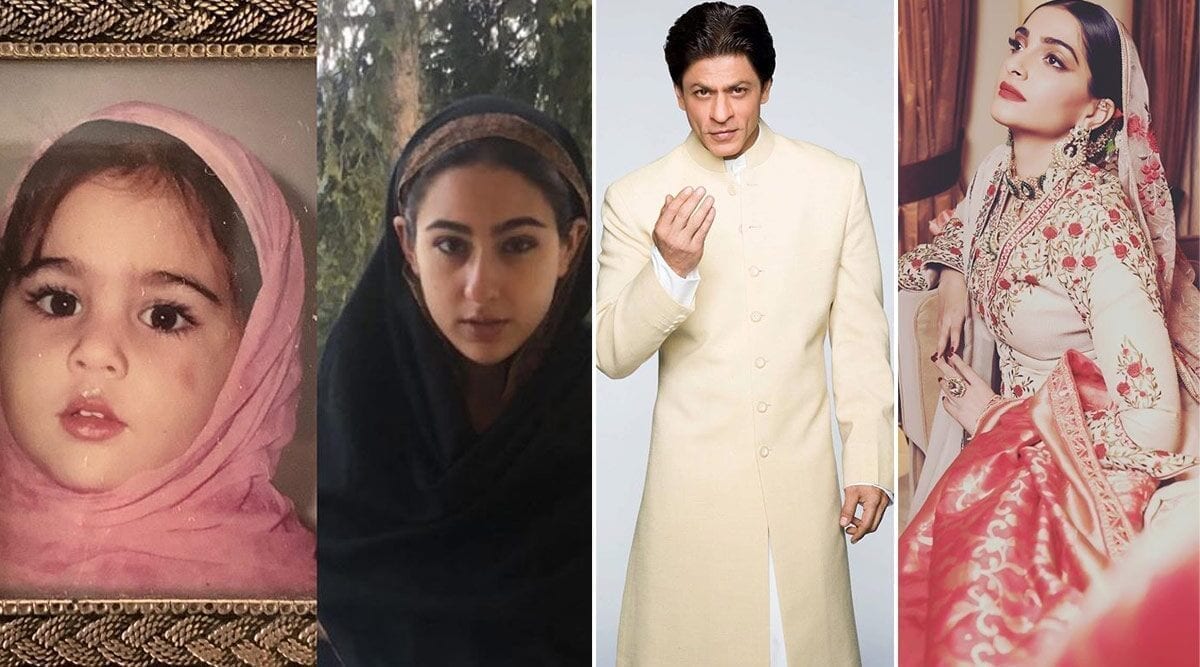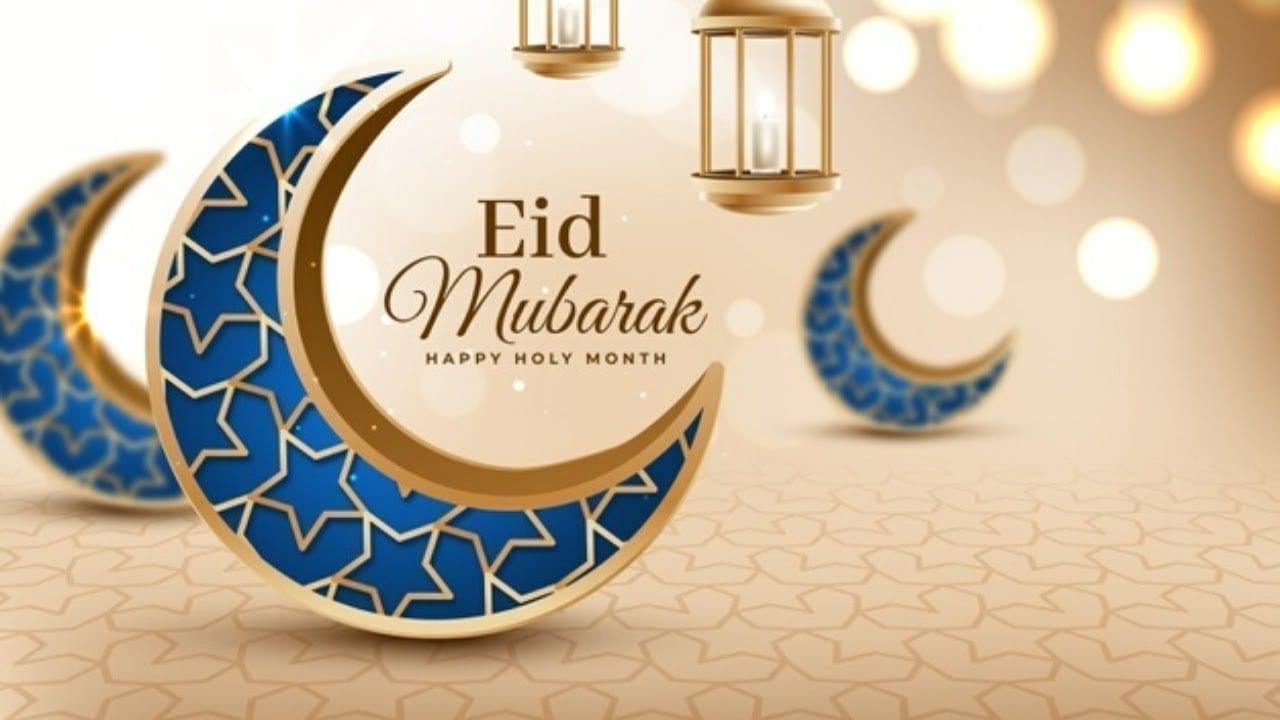Festivals
6 Lesser Known Facts To Add Value To Your Eid This Year
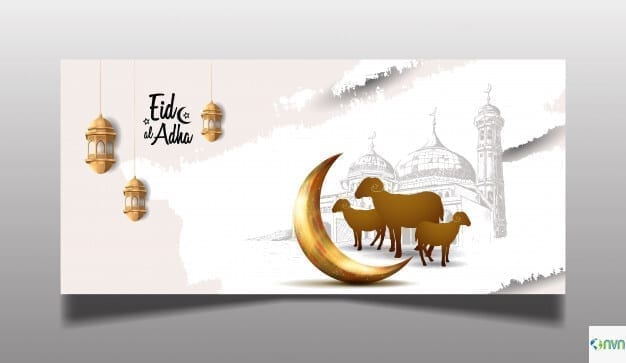
Have you talked to your Muslim friends and book your share of biryani? Have you planned what to wear for your friend’s Eid party? If not, then it is high time you do it as Eid Al Adha is just a few days away.
Eid Al Adha, commonly known as Bakr-Id, marks one of the most important festivities for Muslims all around the globe and stands as a symbol of sacrifice and sanctity. In many places, this elaborate celebration goes on for 4 days, with loads of warmth, love, and of course, tasty food being shared amongst all.
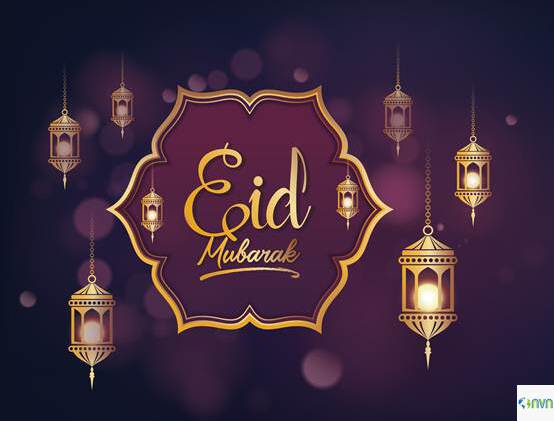
Eid Al Adha Mubarak!
This year, Eid Al Adha would be celebrated on Friday i.e., 1st of August 2020. And so, on this pious occasion, we bring you 6 lesser-known facts about this amazing festival which would surely make you want to enjoy it more than before.
-
The Story Unfolds
It is quite interesting to know that the story behind Eid Al Adha is common to Islam, Christianity, as well as Judaism as, along with the holy Quran, it also appears in the holy book of Judaism i.e., the Torah and in the old testaments of The Bible, wherein Ibrahim is depicted as Abraham – the messenger of God.
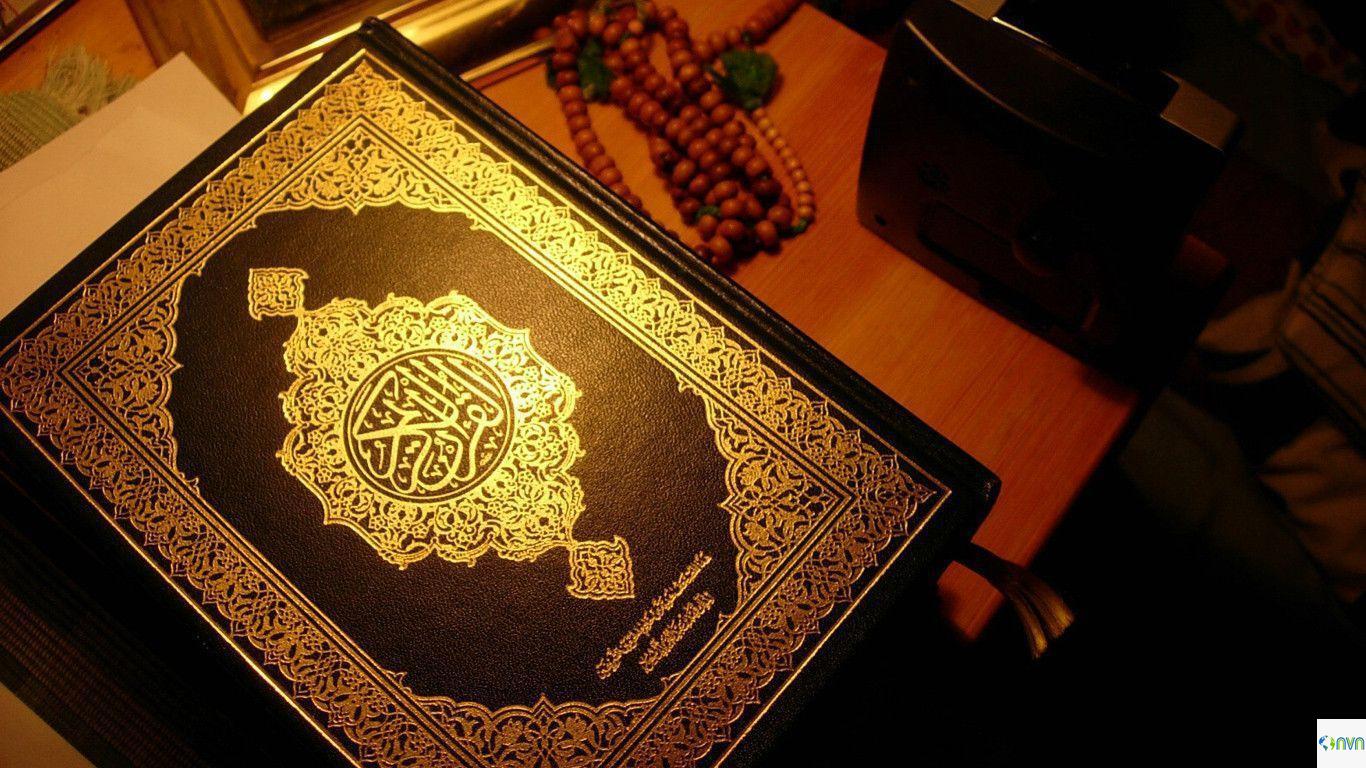
The Power Of Faith
As per our understanding, the story found is Quran revolves around the life of Ibrahim and his son Ishmael. It is believed that once Allah decided to put the devout Ibrahim’s faith to test and thus, showed him recurring dreams of slaughtering his 13-year old son in his service. When he shared this dream of his with his son, Ishmael, he willingly agreed to be a part of this sacrifice to Allah.
However, just when Ibrahim was about to sacrifice his son, Allah called out to them and prevented Ibrahim from selflessly sacrificing his most prized possession and rather, miraculously replaced him with a lamb to keep the dignity of his sacrifice he meant to do. And that is why this festival stands synonymous to sacrifice and selfless service to the Almighty and in the fact that he who places his complete trust and faith in him, shall never be forfeited.
-
Marks The End Of Hajj
The annual pilgrimage of Muslims, Hajj, takes place in the last month of the Islamic calendar i.e., Dhu al-Hijjah (translating to “possessor of the pilgrimage”) and Eid Al Adha is celebrated on the day that concludes this journey.
Basically, during this journey, Muslims from all around the world travel to the holy city of Mecca, which is one of the five pillars of Islam, and offer their prayers to Allah. Every year around, an estimated 3 million Muslims visit Mecca in Saudi Arabia for Hajj.

The Holy Pilgrimage Of Hajj
Hajj means “to intend a journey” and thus, like every religion, it is believed that for those restricted by health, duties and other materialistic bindings, it is not compulsory to travel in person but rather the mental willingness or desire to do so and true faith in the omnipresent is what matters.
-
4-Day Long Festival
Unlike Eid Al Fitr that lasts for a period of one to three days, Eid Al Adha, in many places is celebrated as a two to four days festival, beginning from the tenth day of Dhu al-Hijjah- the last month of the Islamic month till the 13th day.
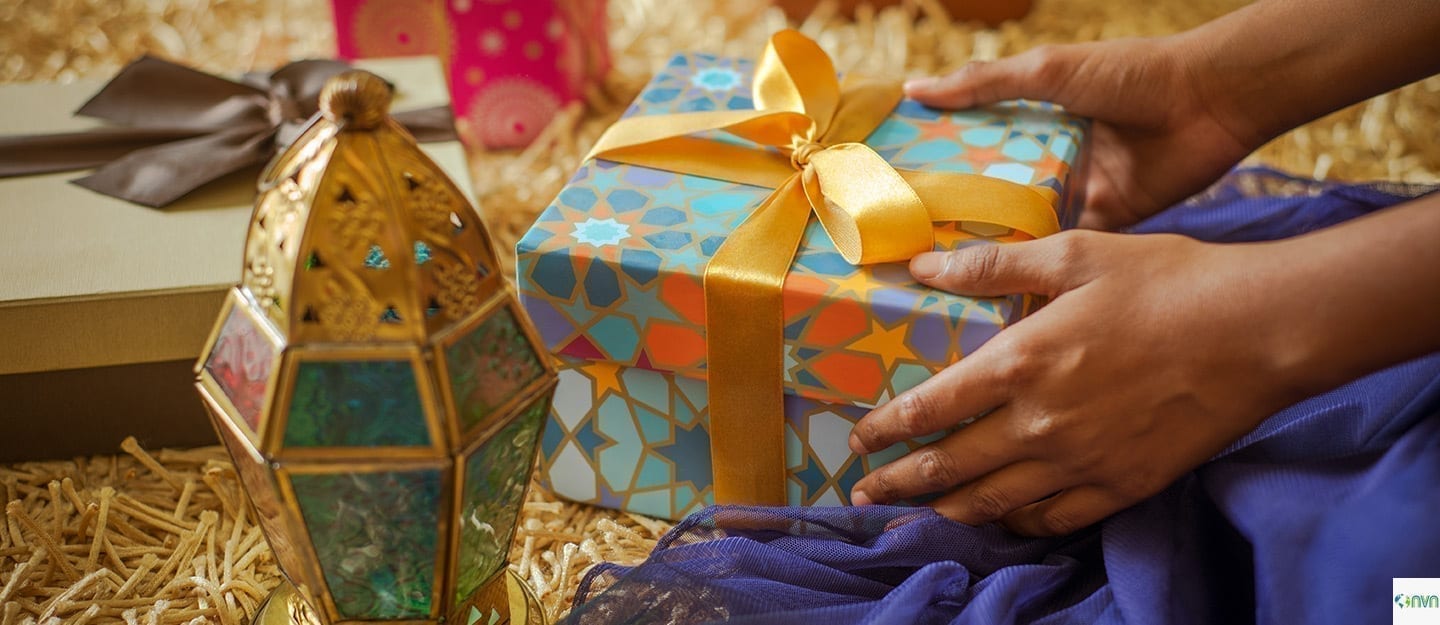
Celebrating Eid
Muslims observe fasts in the first 10 days of this holy month, till before the start of Eid Al Adha. Most people break their fast on the 13th day, however, many break their fasts on the evening of the 12th day too, based on the lunar transitions.
-
Tusmiya Recitation and Special Custom of Slaughter
It is common customary for the Muslims to recite a special prayer called Tusmiya before slaughtering the goat, sheep, cow, or ram, often referred to as Udhiya which translates as “the sacrificed.” Not only this, but it is also believed that since the goat symbolizes the prized possession of man, it is the duty of the person in whose name the sacrifice takes place, to take good care of it and ensure that the goat/ram is in good health before the sacrifice.
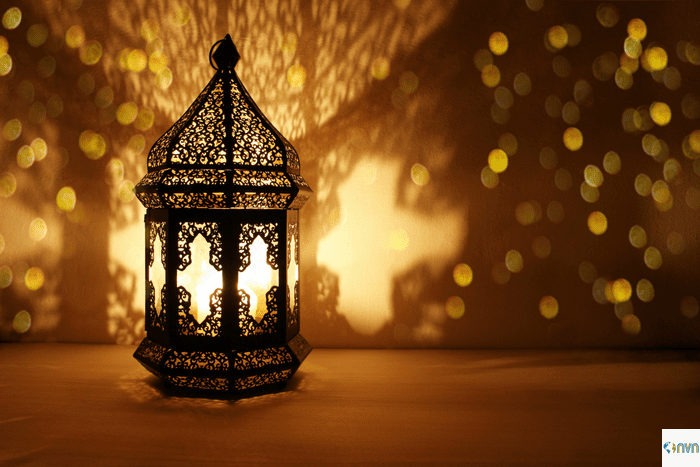
Eid – A Symbol Of Faith, Sacrifice And Selflessness
Besides, there is also a particular special procedure called Halal, through which the meat must be obtained as only then can it be considered fit for consumption. This procedure involves a deep cut on the neck that is done to sever the jugular veins and carotid arteries completely, thus ensuring fresh meat for a long time. Even scientifically, this process is considered safer and better, in comparison to the normal methods like Jhatka.
-
The Rule Of Thirds
Owing to the fact that this festival stands on the pillars of sacrifice, service, and faith, it is believed that on this day no one should be left hungry and unfed. And thus, as per Islamic traditions, there is a custom amongst the Muslims to divide the meat of the slaughtered animal in three parts, of which one third goes out for distribution amongst friends and neighbors, one third for the poor and the remaining one third for one’s own consumption.
-
Savoring The Eid-Special Delicacies
No festival in India can conclude without enjoying the special delicacies associated with it, and certainly, Eid Al Adha is no different. Food is an important part of this festival and various scrumptious dishes are prepared on this day across the world.
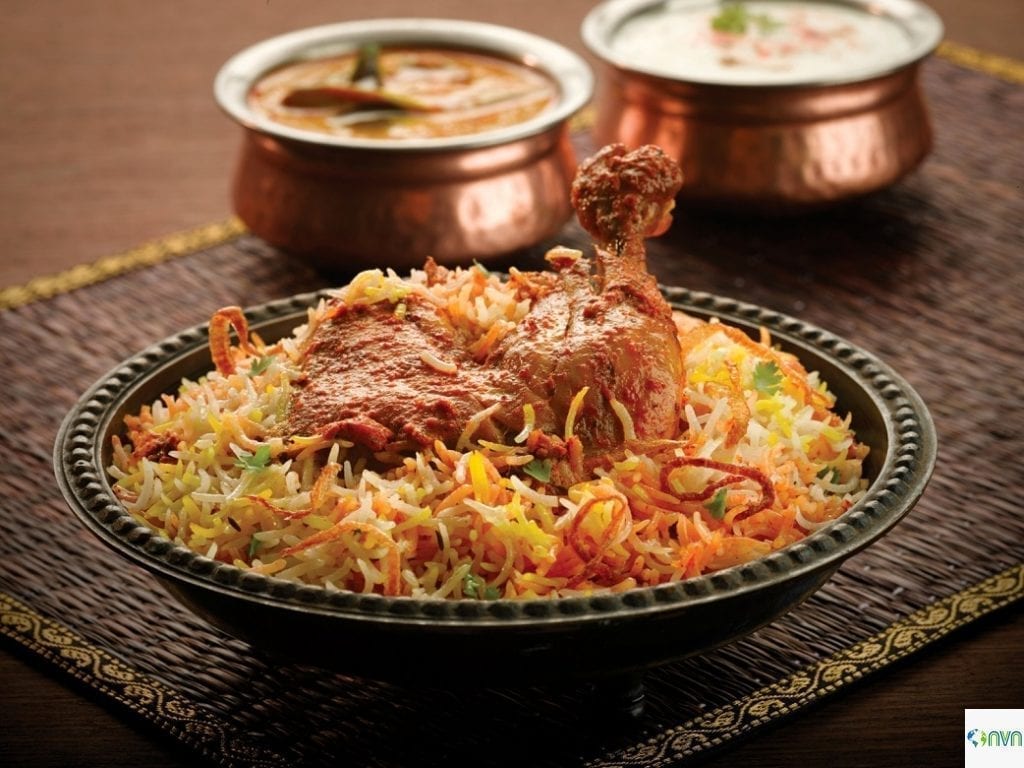
Savoring The Scrumptious Biryani Treat
And, when it comes to dishes, one cannot forget to mention the most famous and most looked-up to dish of this season – The Biryani. From Moradabadi to Hyderabadi, from keema or lamb to fish and turkey, this season brings in an absolutely different craze for Biryani.
So, have you texted your long-forgotten Muslim friend for your share of delectable Biryani (:P)? If not yet, do it now!


